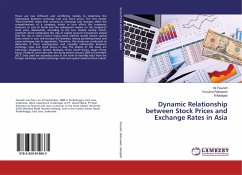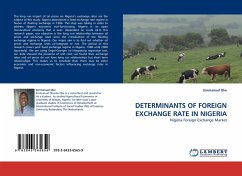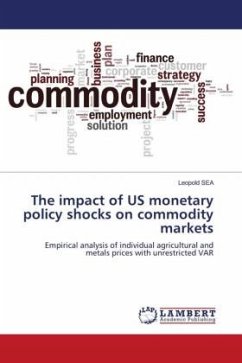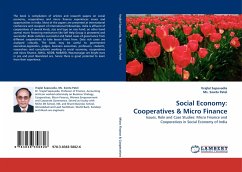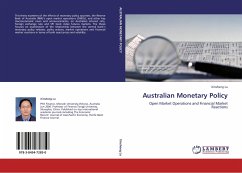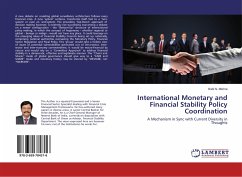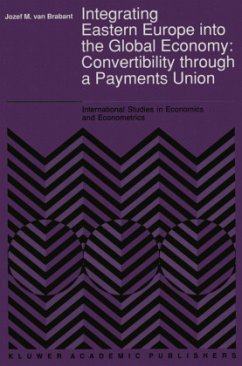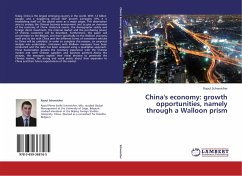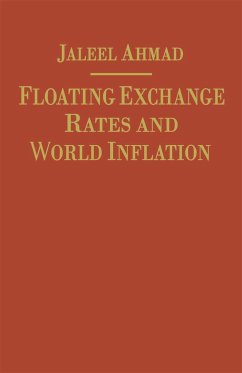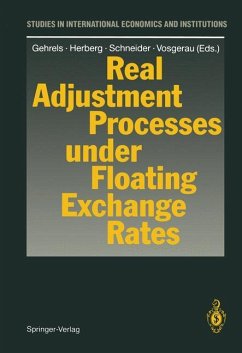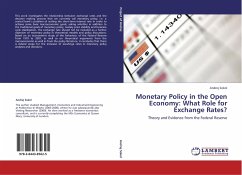
Monetary Policy in the Open Economy: What Role for Exchange Rates?
Theory and Evidence from the Federal Reserve
Versandkostenfrei!
Versandfertig in 6-10 Tagen
32,99 €
inkl. MwSt.

PAYBACK Punkte
16 °P sammeln!
This work investigates the relationship between exchange rates and the decision making process that we currently call monetary policy, i.e. a central bank s problem of setting the short-term interest rate in order to achieve some basic macroeconomicgoals, asking whether in addition to the traditional goals of monetary policy, namely price stability and business cycle stabilization, the exchange rate should not be included as a further objective of monetary policy in theoretical models and policy discussions. Based on an econometric study of the behaviour of the Federal Reserve from 1979 to 200...
This work investigates the relationship between exchange rates and the decision making process that we currently call monetary policy, i.e. a central bank s problem of setting the short-term interest rate in order to achieve some basic macroeconomicgoals, asking whether in addition to the traditional goals of monetary policy, namely price stability and business cycle stabilization, the exchange rate should not be included as a further objective of monetary policy in theoretical models and policy discussions. Based on an econometric study of the behaviour of the Federal Reserve from 1979 to 2007, as well as on theoretical arguments from the macroeconomic as well as from the policy literature, it concludes that there is indeed scope for the inclusion of excahnge rates in monetary policy analyses and decisions.



